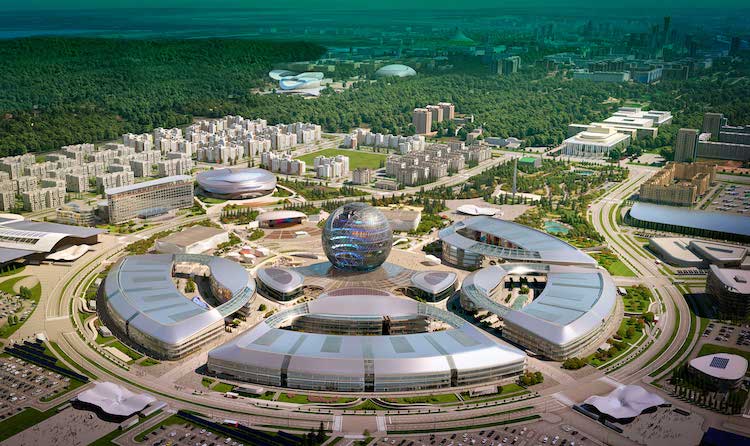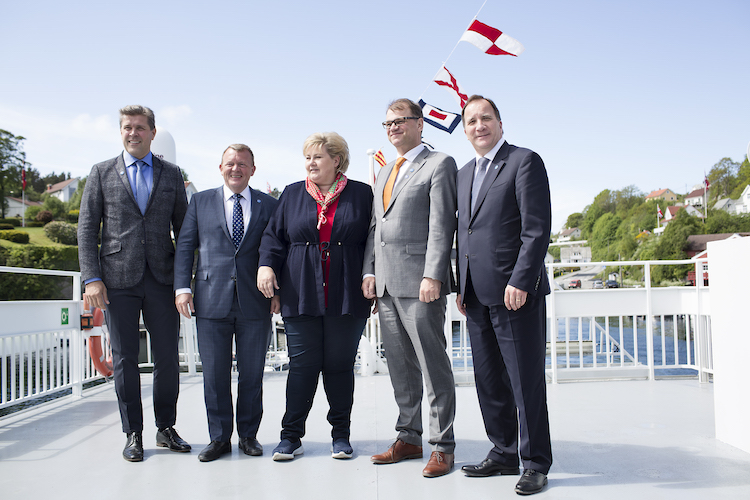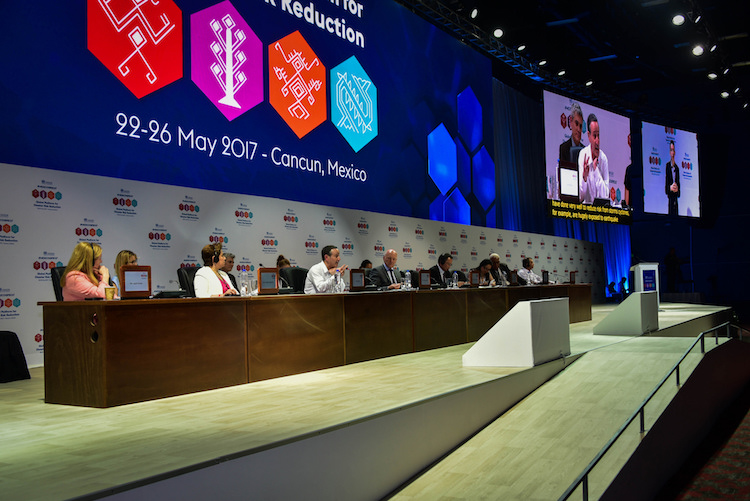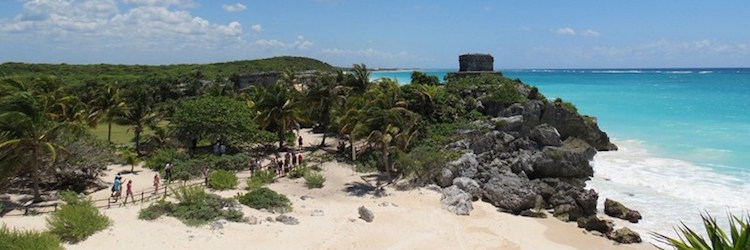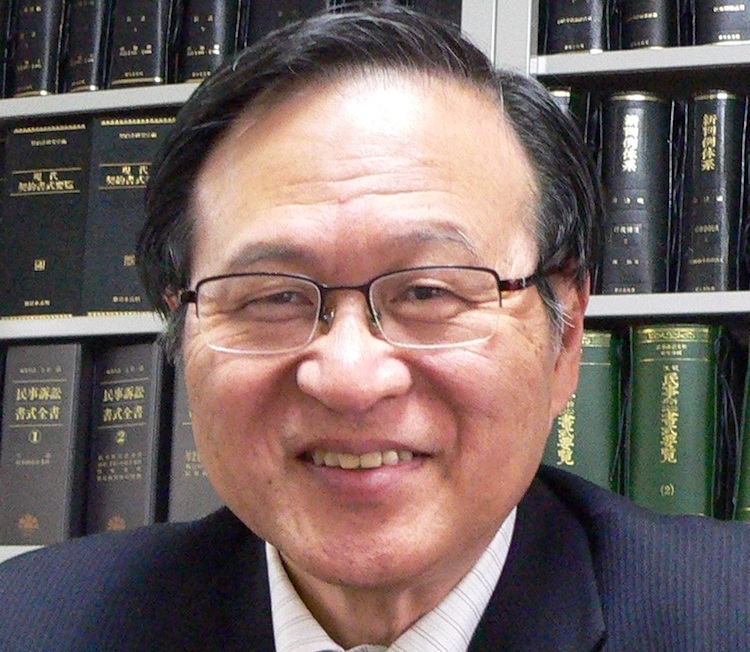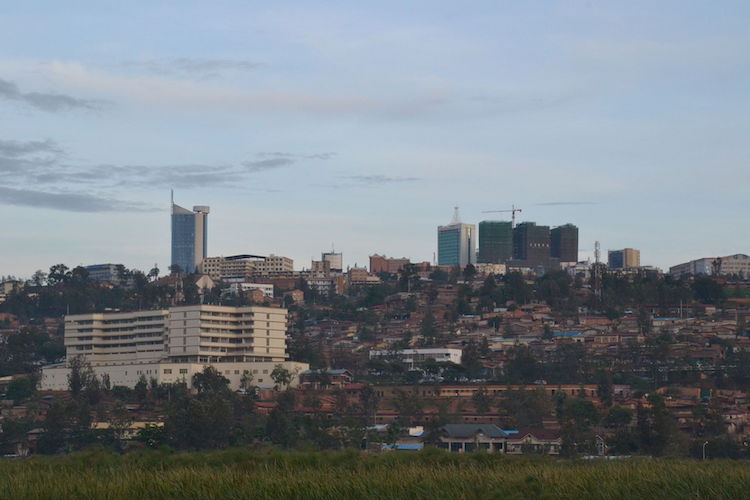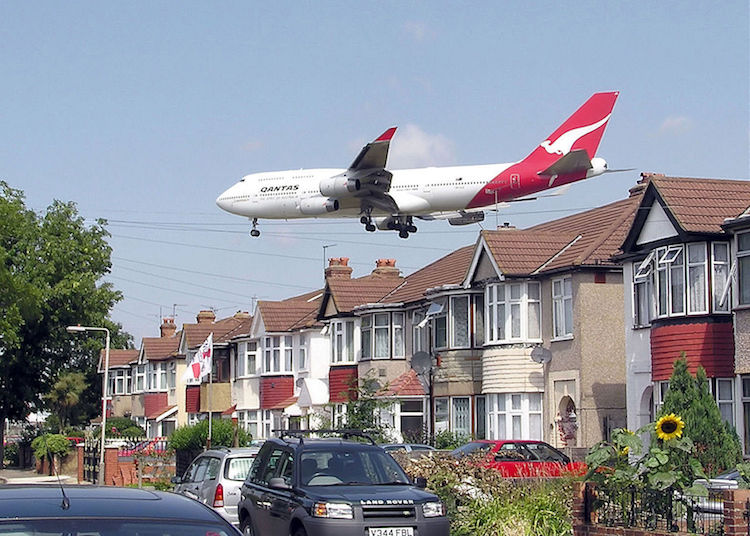
The Sound of Rain and Bees Murmuring – Not Noise, Please
Viewpoint by Jonathan Power*
LUND, Sweden (IDN-INPS) – Everyone has their favourite sounds – a ball on a cricket bat on a summer’s afternoon, birds singing, waves breaking on the beach, the coffee pot perking on the stove, children playing scoobydoo. Mine are the quiet sounds of the English Lake District- William Wordsworth’s:
‘“A flock of sheep that leisurely pass by one after one; the sound of rain and bees murmuring; the fall of rivers, wind and lakes, smooth fields; white sheets of water, and pure sky.”
Noise is less and less sweet sounds. It is cars and trucks, airplanes and builders, canned music in cafes, a symphony playing an atonal concerto. Some pop music makes so much noise that pure sounds no longer exist.…





